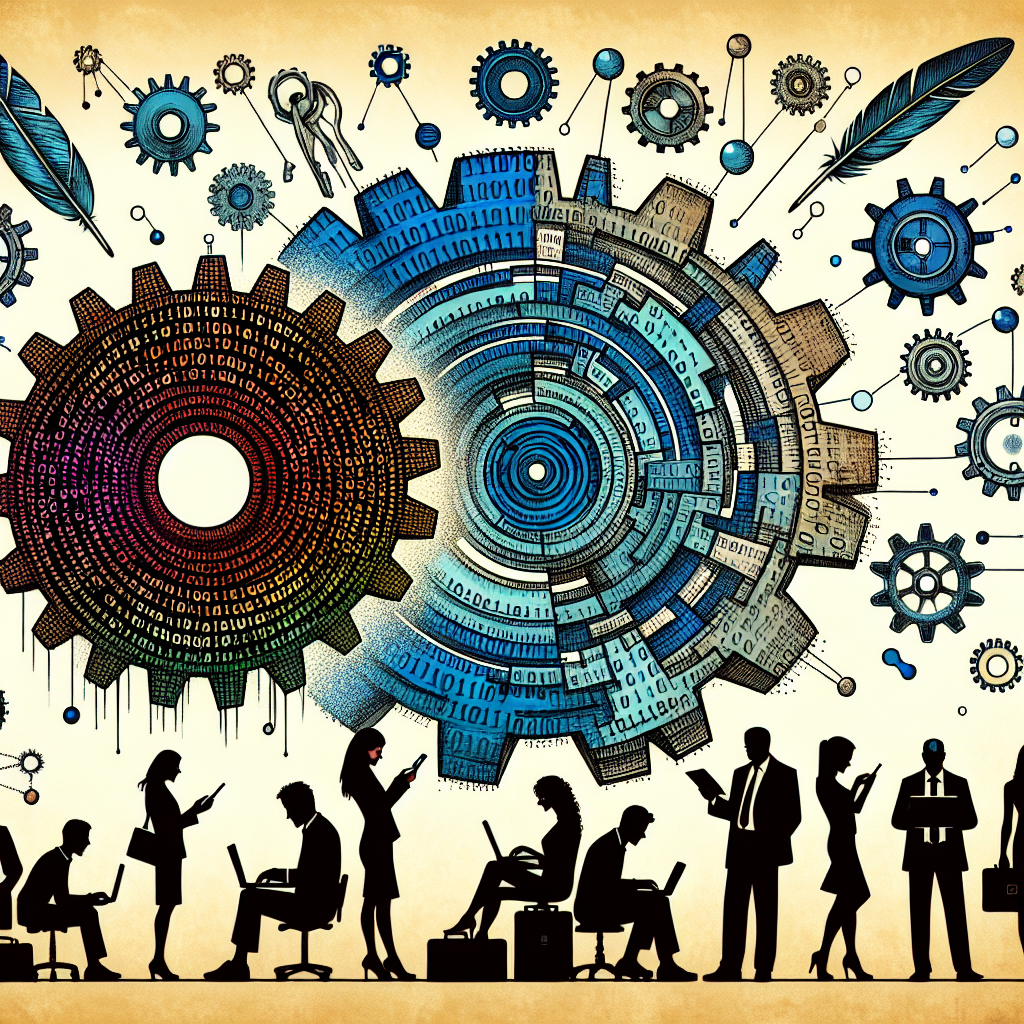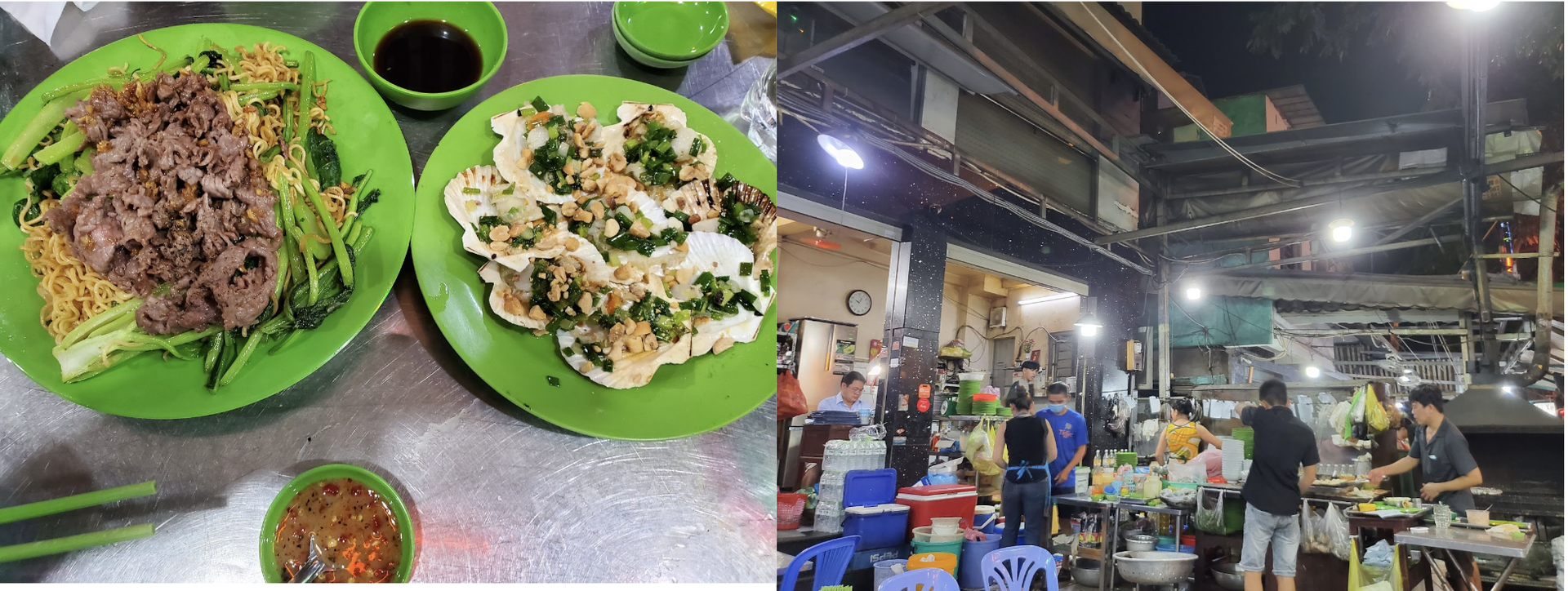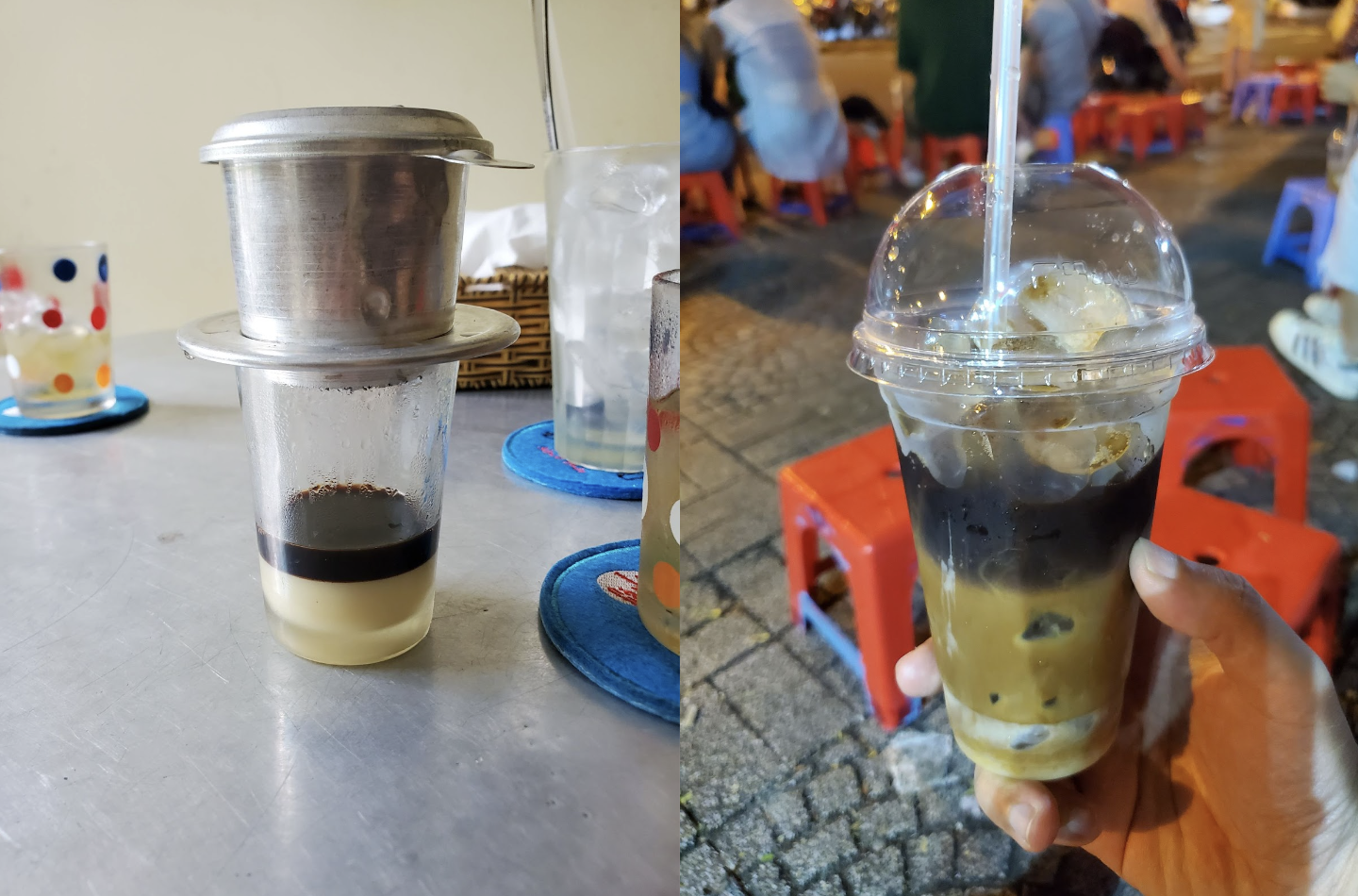On Digital Transformation

Over the last 5 years, I have assumed leadership roles in multiple digital transformation projects.
In 2017, I worked as a senior consultant at Accenture, helping Cathay Pacific Airways transform their mobile app from a legacy platform to new native mobile technology. I led the sprint process and actively communicated priorities to remote team members. I gained hands-on experience coding for Node.js and Java Spring Boot servers, while simultaneously addressing client business challenges at the intersection of organizational structure and technology.
In 2018, I served as a consultant at EY, leading a project for HSBC's Payme business mobile app. The rise of e-commerce and AliPay's aggressive expansion into new products posed a threat to traditional banks. If these banks failed to adapt to the emerging QR payment trend, they risked becoming obsolete. My role was to help the bank navigate this transition successfully. I presented technical architecture and agile delivery methodologies, gained hands-on experience coding in Kotlin on Android, and advised on the migration from AWS to Azure for compliance reasons.
In 2019, I led the HSBC merchant online payment project as a technical lead. The pandemic accelerated the shift toward e-commerce sales, and the existing legacy platform struggled to keep pace, resulting in numerous failed transactions. I was responsible for building a new website with a more robust technology stack to replace the old platform. I led teams in delivering solutions from kick-off to launch, using Angular in TypeScript on Adobe Experience Manager (AEM), and fostered relationships across engineering, design, and stakeholder teams.
In 2021, I worked on a newly licensed, digital-only bank in Singapore. Unlike traditional banks burdened by legacy systems, this digital-only bank had the competitive advantage of utilizing cloud-native technology. Traditional banks may have more customers, financial resources, and market data, but new banks have the agility to innovate, enabling more efficient and cost-effective operations.
In 2022, I am currently involved in a Vietnamese Digital Bank project. As a key technical member of the Client Service team, I help build financial products on the platform. My tasks include working on bank deposit and lending products and implementing Python smart contract code. I analyze and translate business requirements into technical specifications, ensuring timely and successful delivery while collaborating with customers, partners, and other teams.
The most significant aspect of digital transformation projects over the past 5 years has been changing mindsets and introducing new ways of working. I have a decade of experience in software development, application architecture, and cloud solution deployment for enterprise customers. With master's degrees in both Computer Science and Business Administration (MBA) in Finance, I have a unique blend of technical and business acumen. I hold certifications in Amazon Web Services (AWS), Google Cloud Platform (GCP), Microsoft Azure, Kubernetes, and Scrum, and have experience building banking products from scratch.
My career goal is to lead digital transformations, which are complex endeavors requiring innovative approaches to strategy. Launching large-scale projects without sufficient information can lead to resistance at various organizational levels. I aim to overcome these common barriers by winning early supporters through smaller successful projects and demonstrating clear financial impact.
My strength lies in my ability to learn and apply knowledge quickly. In a volatile business environment, it's crucial to adapt swiftly and test assumptions at a low cost. My test-and-learn mentality serves as a source of continuous improvement, enabling me to provide valuable feedback and help teams succeed.
However, my weakness could be my tendency to focus solely on technology. Digital transformation is not just about technological change; it's about meeting customer needs more effectively. As an engineering manager, I realize that technology alone cannot transform an industry without a business model that connects it to an emerging market.
Innovation requires a diverse skill set. A team that includes both business and technical individuals, working alongside domain experts, ensures projects address organizational priorities rather than isolated departmental issues. When I, as a software developer, involve end-users in the design of applications, the likelihood of successful adoption increases significantly.


















